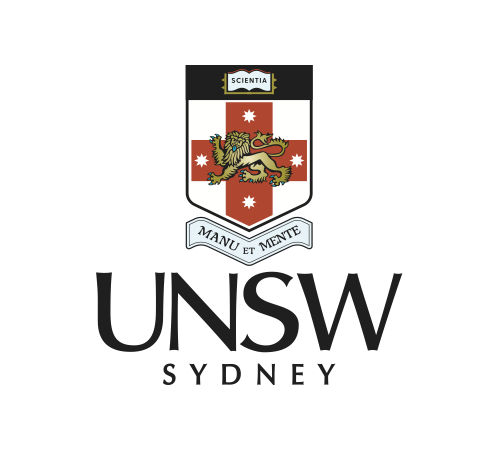Summary
This project aims at creating novel adaptive algorithms to automatically discover those user and task features that vary together to smartly adapt users and simulation tasks to work together harmoniously, seamlessly and effectively. By bringing the user naturally inside the simulation as a task's component, users can improve their experience while task performance is simultaneously optimized. Intended scientific outcomes include novel dynamic user-task profiling algorithms, new adaptive algorithms for user-task co-adaptation, and high impact publications. Prospective practical outcomes include robust and highly effective simulation environments, strong research training, and personnel with superb skills for the Australian knowledge economy.
Investigators
Hussein Abbass (UNSW Canberra); Kathryn Merrick (UNSW Canberra); KC Tan (NUS); Anastasios Bezerianos (NUS)
Funding
Australian Research Council Discovery Project, $560,000 over five years (2016-2020)
Research Outputs
Journal Papers
Liu X;Merrick K;Abbass H, 2017, 'Towards Electroencephalographic Profiling of Player Motivation: A Survey', IEEE Transactions on Cognitive and Developmental Systems.
Abbass HA; Leu G; Merrick K, 2016, 'A Review of Theoretical and Practical Challenges of Trusted Autonomy in Big Data', IEEE Access, vol. 4, pp. 2808 - 2830, http://dx.doi.org/10.1109/ACCESS.2016.2571058.
Conference Papers
Yang Z., Merrick K., Abbass H., 2017, Handling Multi-Task Learning with Deep Reinforcement Learning', in International Joint Conference on Artificial Intelligence, Melbourne Australia
Abdelfattah S; Merrick K; Abbass H, 2016, 'Eye Movements as Information Markers in EEG Data', IEEE Symposium Series on Computational Intelligence, Athens, Greece, 06 - 09 December 2016 (to appear)
Liu X; Merrick K; Abbass H, 2016, 'Designing Artificial Agents to Detect the Motive Profile of Users in Virtual Worlds and Games', IEEE Symposium Series on Computational Intelligence, Athens, Greece, 06 - 09 December 2016, (to appear)
Abdelfattah S; Merrick K; Abbass H, 2016, 'Theta-Beta Ratios Are Prominent EEG Features for Visual Tracking Tasks', Human Factors and Ergonomics Society International Meeting, Washington DC, 19 - 23 September 2016 (to appear)
National Science Week Display
On 12-13 August 2016, UNSW-Canberra ran interactive displays at National Science Week. UNSW-Canberra had four displays from PEMS, Cool Aeronautics, Trusted Autonomy and the UAV Team. The Trusted Autonomy group offered an interactive robotics environment controlled through gestures (hand movements) where two humans played against each other, with each human attempting to control a team of two robots, navigating them while avoiding the opposing team.

